This post was contributed by Meena Das, CEO, consultant, and facilitator at NamasteData. Watch her full DonorPerfect Community Conference session here!
Artificial Intelligence (AI) is already part of nearly every aspect of our lives, often in ways we don’t readily recognize. Almost every other email, conference, and product is “AI-ifying” in some way.
For nonprofits striving to integrate AI into their operations, one of the most significant challenges can be engaging staff who feel that AI is irrelevant to their roles. Convincing these team members of the importance of human-centric AI practices requires an intentional approach that combines both dreaming about the big-picture possibilities of AI while also brainstorming the possible tangible impacts of AI on their work and the communities they serve.
Here are some strategies to effectively share human-centric AI practices with staff who might not initially see their relevance:
Start with highlighting everyday AI interactions
Many people don’t realize how often they interact with AI in their daily lives. From personalized recommendations on streaming services to voice assistants like Siri or Alexa, AI is everywhere. Draw parallels between these everyday interactions and the potential uses of AI in your organization. This can demystify AI and help staff understand that it’s not a distant, complex technology, but something they already engage with regularly.
Build an in-house repository of sector-wide AI examples
One of the most effective ways to illustrate the relevance of AI is by using concrete examples from the nonprofit sector. Discuss how AI can enhance fundraising efforts, improve donor engagement, and optimize resource allocation. For instance, learn and discuss how predictive analytics can help identify potential major donors, or how AI-driven chatbots can provide 24/7 support to beneficiaries, freeing up staff to focus on more complex tasks. By showing real-world applications, you make the abstract concept of AI tangible and relevant.
Emphasize the human-centric aspect of adopting AI
Human-centric AI means engaging with AI in ways that enhance human capabilities and improve decision-making processes while ensuring that human values stay alive. Emphasize to your staff that AI is a tool to support, not replace, the human workforce. Explain how AI can handle repetitive tasks, allowing staff to focus on more meaningful and impactful work. This can alleviate fears about job displacement and instead position AI as an enabler of a more fulfilling work environment.
Get ideas from our free guide: AI for Nonprofits: The Comprehensive Guide to Enhancing Fundraising Communications >>
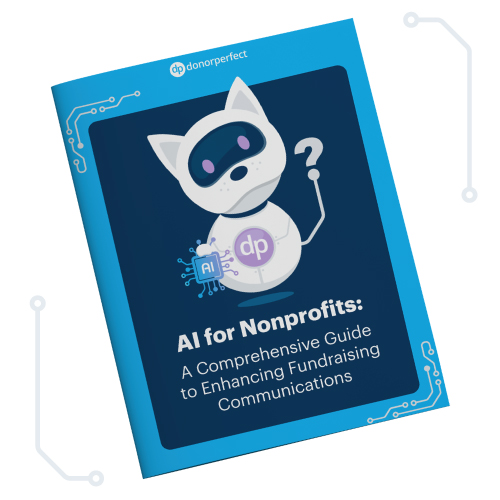
Provide space for collective training
Knowledge is power. Offer training sessions and educational resources to help staff understand AI and its applications. Workshops, webinars, and interactive demos can make learning about AI engaging and accessible. Create space for every role to engage in these sessions, ensuring the content is relevant to each group. For instance, fundraisers might benefit from learning about AI tools for donor segmentation, while program managers could explore AI applications for monitoring and evaluation.
Familiarize your team with our free AI Fundraiser Bot!
try it at donorperfect.com/bot
Foster a culture of curiosity as you learn to address ethical concerns collectively
Encourage a culture where curiosity and innovation are valued. This can start by creating safe spaces for staff to ask questions, express concerns, and experiment with AI tools. Highlight and celebrate internal wins where AI has made a positive impact within the organization. By fostering an environment of continuous learning and improvement, you can help staff feel more comfortable and excited about AI. This also helps to create a space of inclusion for all concerns about data privacy, algorithmic bias, and transparency head-on. It immediately shows to the staff that the leaders care when it comes to AI and responsibility.
Engage and encourage AI champions
Identify and empower champions within your organization who are enthusiastic about AI. These early adopters can help create safe spaces for learning about AI, mentor their peers, and provide support during the transition. Having internal colleagues advocate for AI can be more persuasive than feeling overwhelmed by the external pressures of adopting AI “right now”.
Nonprofits are mission-driven organizations. Introducing human-centric AI practices to staff who may not initially see their relevance requires a strategic and empathetic approach. Link the adoption of AI to your organization’s core mission and values. For example, if your nonprofit focuses on community health, explain how AI can identify health trends and improve service delivery to better meet the needs of the community. By framing AI in the context of your mission, you can help staff see its potential to amplify your impact.
After all, the future of AI cannot be merely about optimized, powerful algorithms. The future of AI is also about the people – who will use and influence this technology, directly and deeply, to hopefully shape a better world.
About Meena Das
Meena Das (she/her/hers) is the CEO, consultant, and facilitator at NamasteData. Namaste Data is focused on advancing data and AI equity for the philanthropy sector. With 17 years of experience in data, Meena specializes in designing and teaching equitable research tools and analyzing engagement. Supporting 75+ nonprofits, Namaste Data consults and creates customized training on improving data & AI. On AI, Meena runs a cohort-based guided workshop series for nonprofit leaders, called AI Advancement Lab (applications open for July cohort). Learn more on her website and LinkedIn.






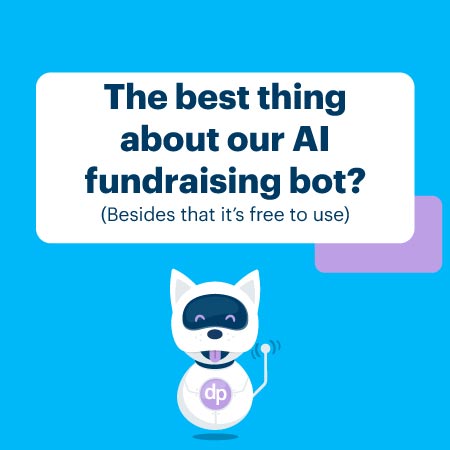

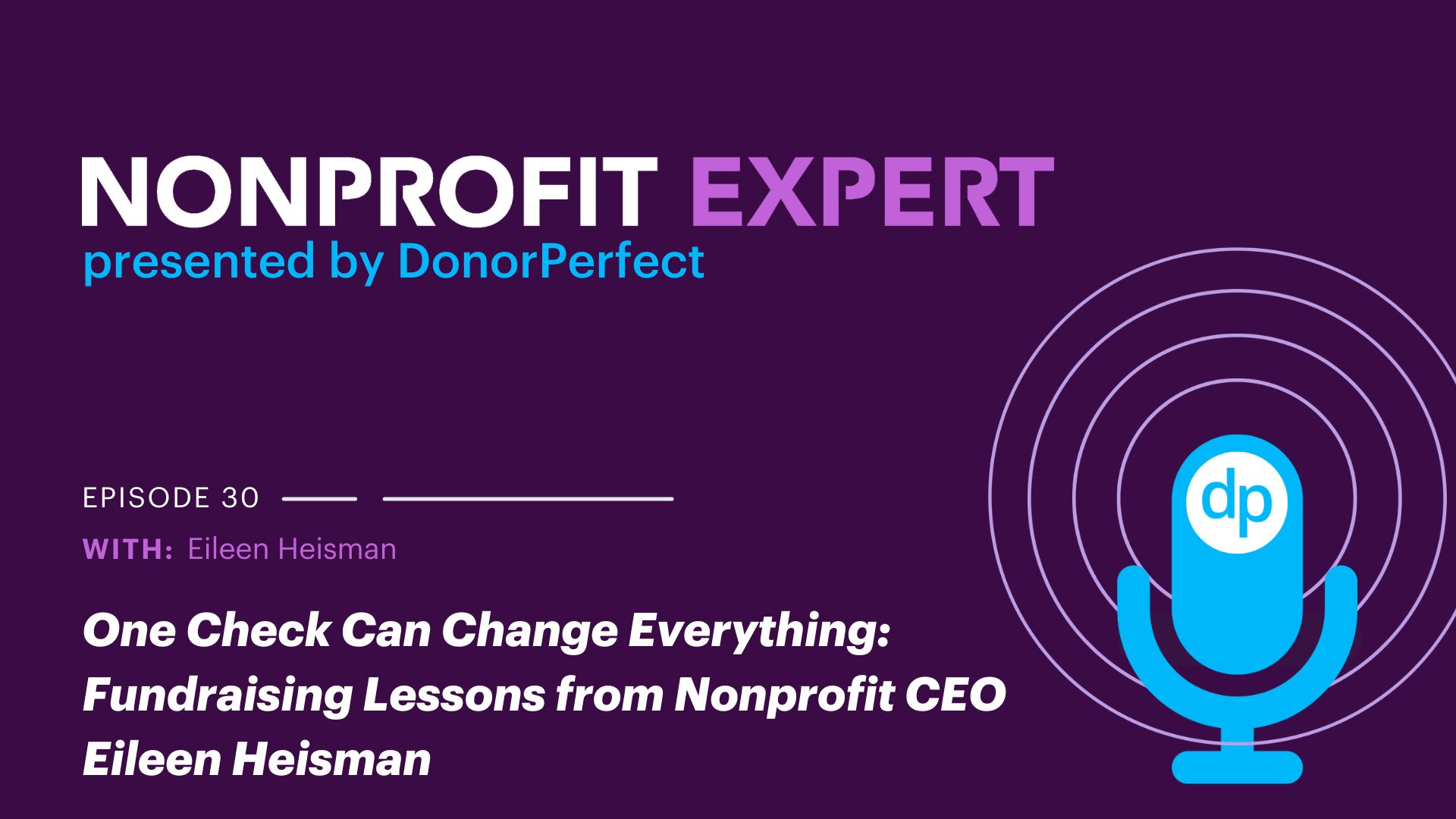
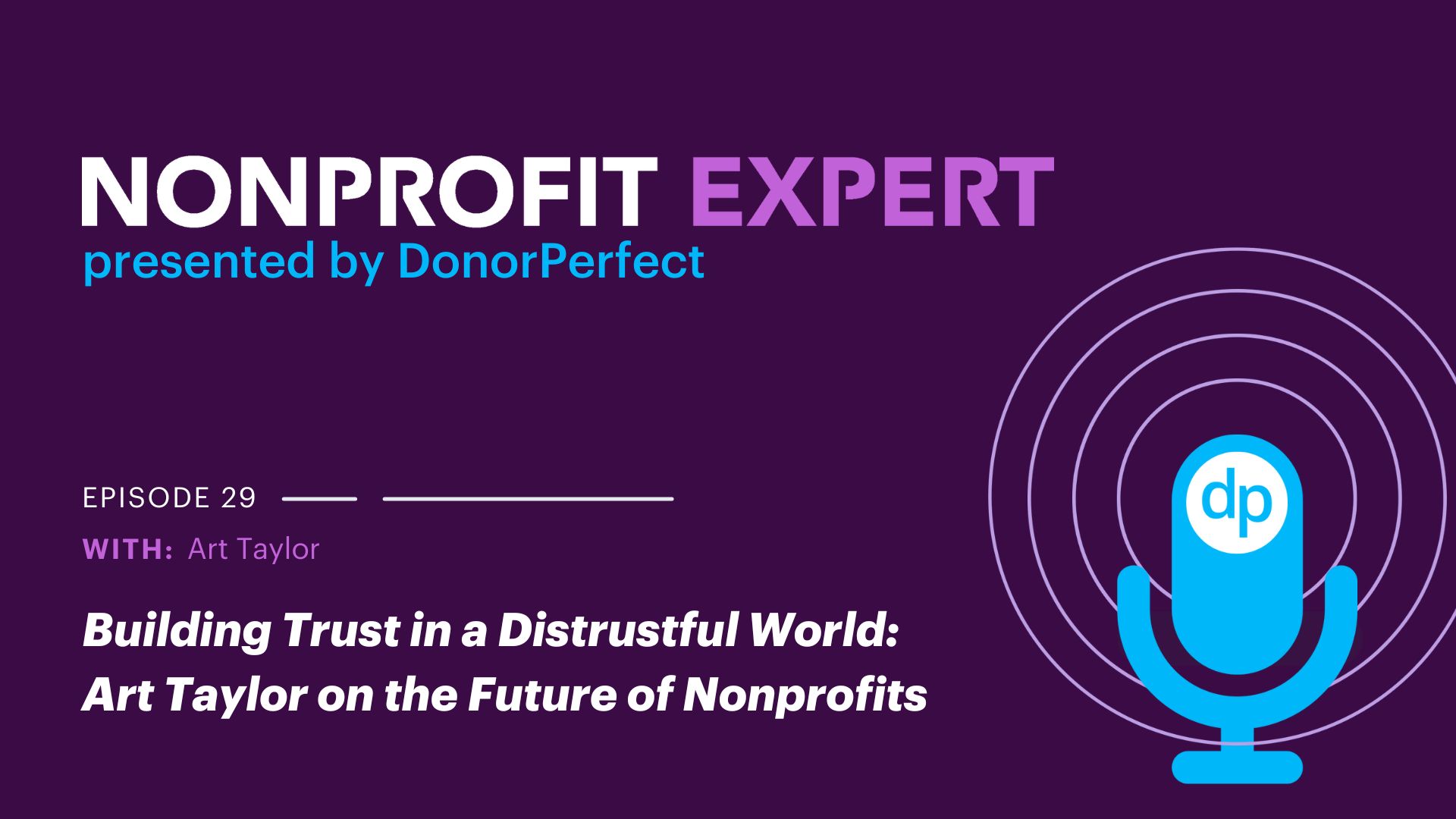
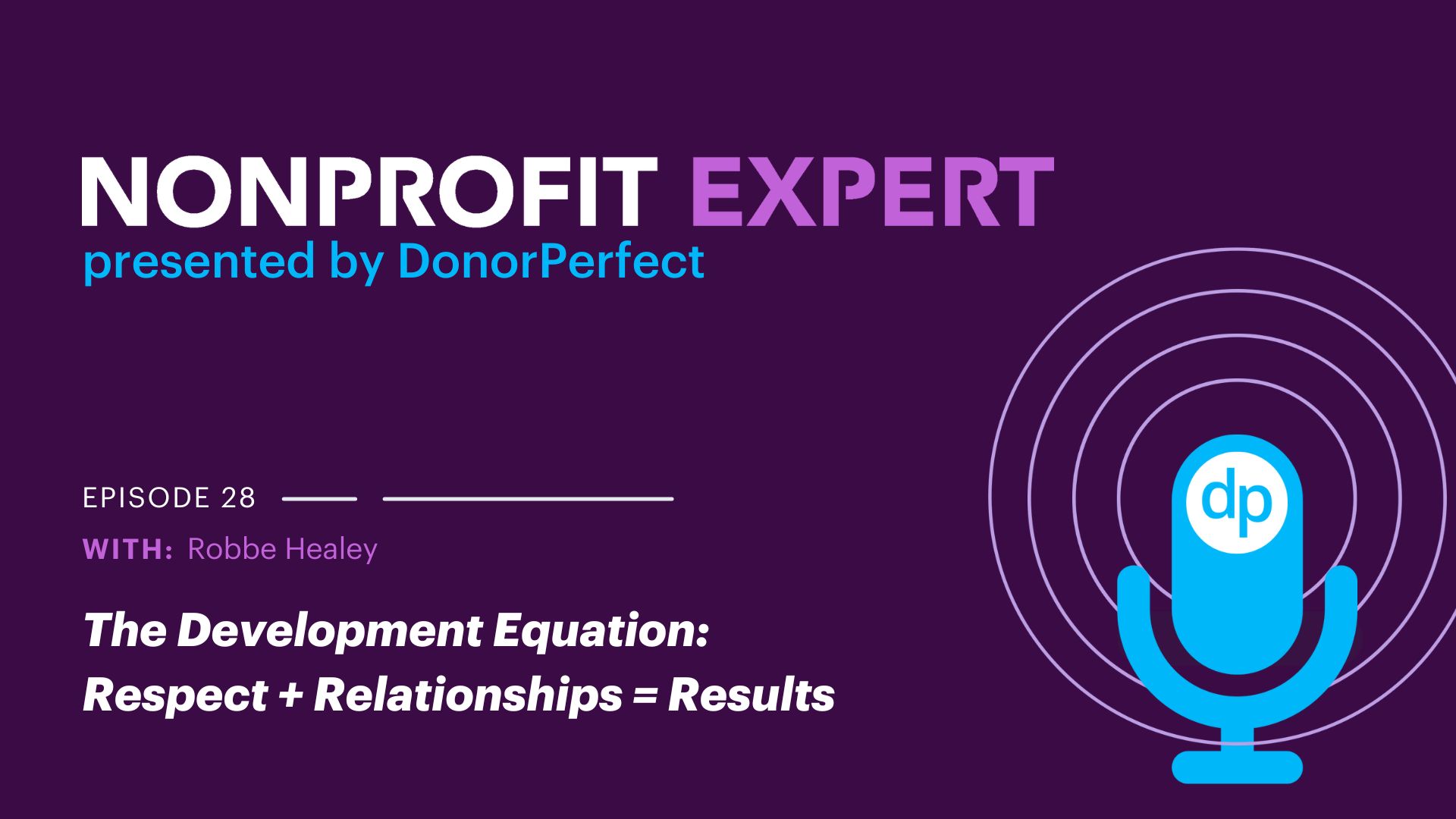
Follow us on social!